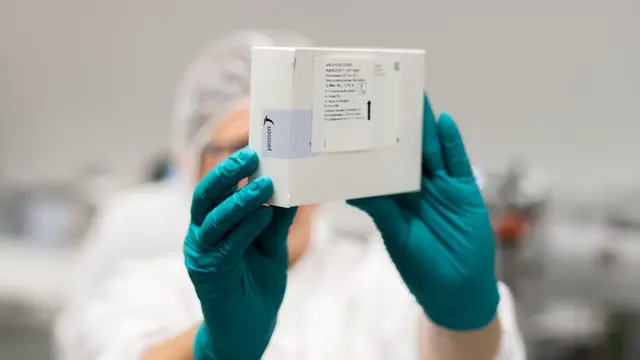Global pharmaceutical company Janssen is beginning clinical trials of a potential COVID-19 vaccine in the UK.
Around the country, 6,000 volunteers are taking part in phase-three trials of the
COVID-19
vaccine at 17 National Institute for Health Research (NIHR) sites, including in Southampton, Bristol, Cardiff, London, Leicester, Sheffield, Manchester, Dundee and Belfast.
Please use Chrome browser for a more accessible video player
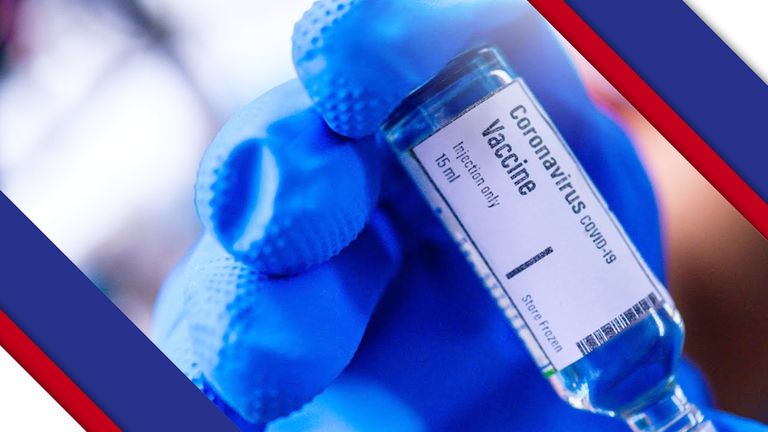
Good news on a coronavirus vaccine
It is the third potential
coronavirus
vaccine to enter clinical trials in the UK, alongside US biotech company **Novavax
** and **University of Oxford/AstraZeneca
** whose studies are currently ongoing.
The start of the trial comes a week after the breakthrough announced by
Pfizer and BioNtech
that early results show their vaccine is more than 90% effective.
Professor Saul Faust, director of the NIHR Southampton Clinical Research Facility and chief investigator for the Janssen phase-three trial, told Sky News: "The Janssen vaccine is very similar to the Oxford/Astra Zeneca vaccine in that it's an adapted cold virus that can't replicate in the body and can't give us a cold and can't give us coronavirus but it shows the body's immune system the spike protein to let us make immune responses to it.
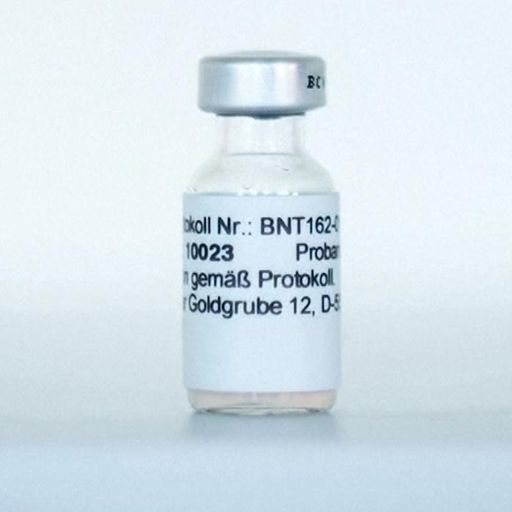
Is Pfizer-BioNTech vaccine safe and will it work?
"The Pfizer announcement last week was really exciting because we didn't know until last week that a vaccine will be able to stop coronavirus at all.
"All the companies are making vaccines against the spike protein so we're really hopeful that the vaccines will all work to a greater or lesser extent and it's really important that we have a number of different vaccines from a number of different companies because we have no idea whether one vaccine will work in all age groups or across all populations and we've no idea really whether the vaccine supply will be able to come from one company the whole time and supply the entire world."
Business Secretary Alok Sharma said: "The start of further clinical trials in the UK is yet another step forward in the race to discover a safe and effective vaccine, and comes alongside recent news that we could be on the cusp of the first major breakthrough since the pandemic began.
"While we are optimistic with the progress being made, there are no guarantees and it is possible there will be no one-size-fits-all vaccine. That is why it is absolutely vital that while our scientists are cracking on with the job, we continue to follow the guidance to control the virus, protect the NHS and save lives."
Meanwhile, the Labour leader has called on the prime minister to publish a comprehensive national action plan for rolling out a future coronavirus vaccine "that harnesses all of the talents of the British people".
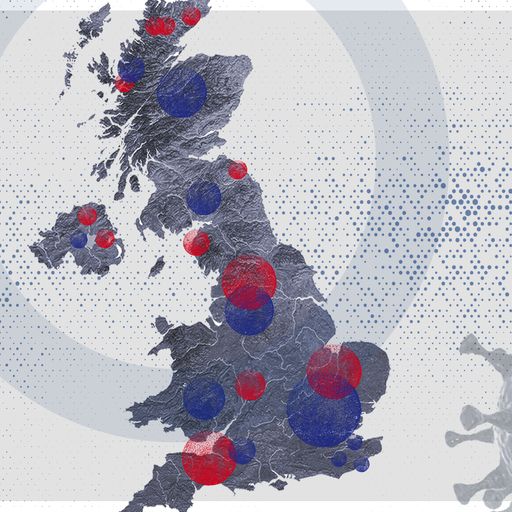
How many have died or tested positive where you live - and where the latest hotspots are
In a letter to Boris Johnson, Sir Keir Starmer has written: "The challenge facing the country now is not just how we get control of the virus, but how we get ready for the vaccine.
"We are world leaders in vaccines and I believe we should be aiming for a world class programme for rolling it out. However, this will be a mammoth logistical operation, probably larger than we have seen since the Second World War. If we are to get it right, then we must have a clear plan in place now."
Professor Martin McKee from the London School of Hygiene and Tropical Medicine is a member of Independent SAGE and among the scientists warning that the roll-out of a vaccine may not be the silver bullet people are hoping for.
"We need to recognise that on their own they're not going to solve the problem.
Please use Chrome browser for a more accessible video player
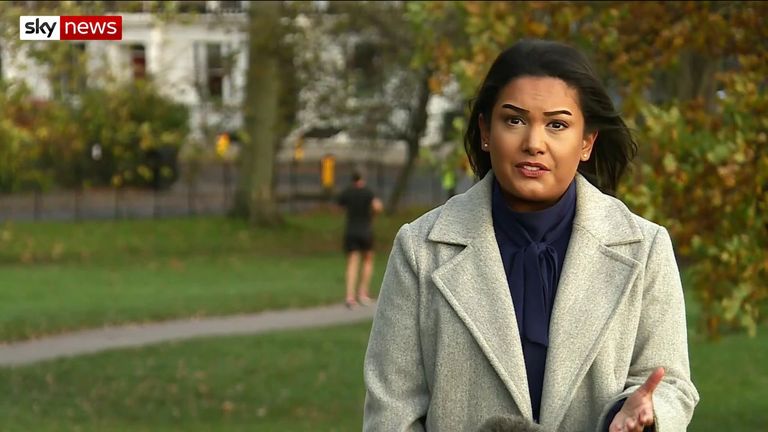
Will ethnicity be a factor in COVID vaccinations?
"We need to have them as part of an integrated strategy that includes a really good test and trace and isolate system for quite some time yet, we're going to have to maintain many of the social distancing measures that we have until everybody is vaccinated, until we've really got this under control.
"So they're an important element, but we shouldn't put all our eggs in one basket.
"We also have to recognise that there will be some vaccine hesitancy as well."
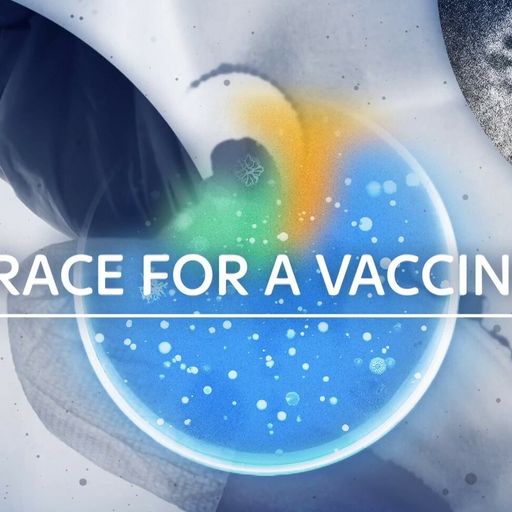
Tracking the global effort for a COVID vaccine
Over 300,000 people have signed up to the NHS Vaccines Registry to take part in coronavirus vaccine studies.
The NHS vaccine registry particularly needs volunteers who are most vulnerable to the effects of coronavirus, including frontline health and social care workers and people from Black, Asian and ethnic minority backgrounds.
Dr Vanessa Apea, Black, Asian and minority ethnic clinical champion at NIHR Clinical Research Network North Thames, said: "COVID-19 still poses a significant threat to our health and our communities and many of us are still vulnerable to it. One of the ways we can reduce the threat and impact of this disease is a vaccine.
Please use Chrome browser for a more accessible video player

COVID-19 vaccine: Will it end the crisis?
"The topic of vaccines divides communities. For many, and in particular, Black, Asian and ethnic minority communities, the word vaccine generates a lot of anxiety, rooted in mistrust, which can understandably lead to reluctance in taking part in a trial.
"We know that these communities are disproportionately affected by COVID-19 and this makes it even more important that any outcomes from research, including new treatments and ways to prevent the disease, work for all communities.
"Only by doing this can we truly take control of COVID-19, so we really need people from Black, Asian and ethnic minority communities to sign up to learn more and be part of research.
"Entering a clinical trial or receiving a vaccine is entirely a personal choice and should always be supported by accurate information."
 简体中文
简体中文

